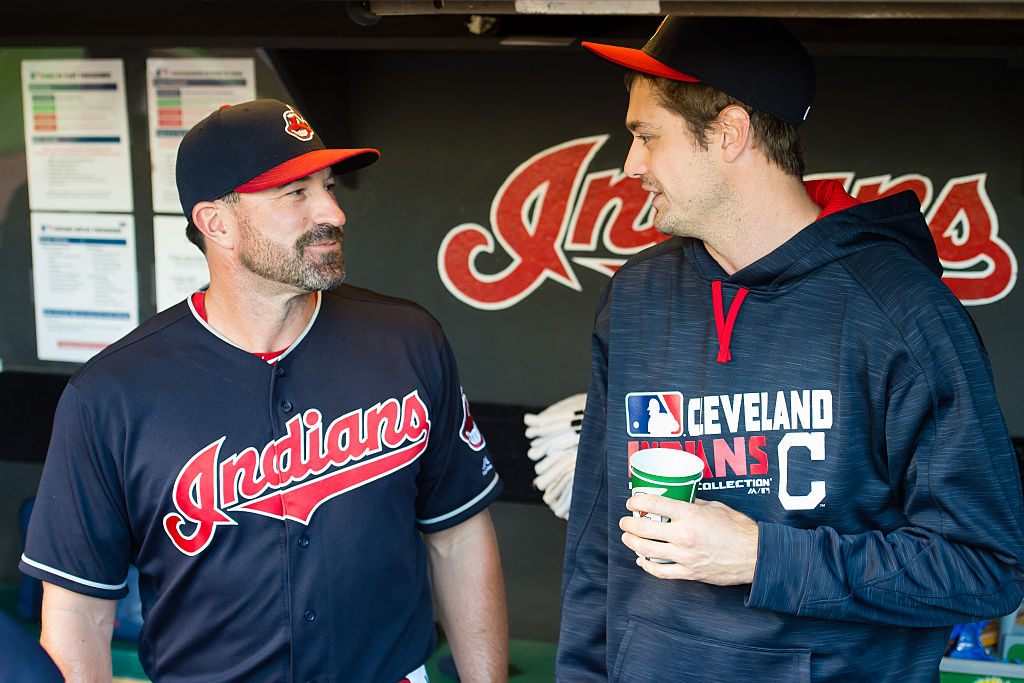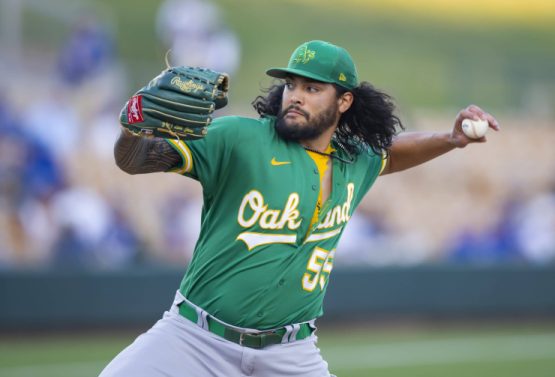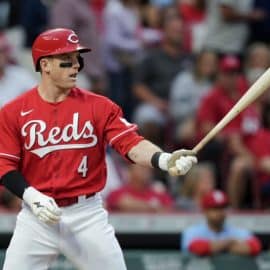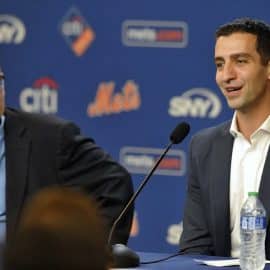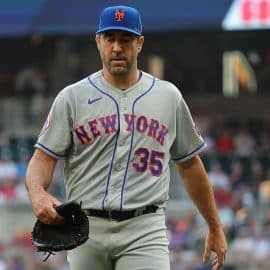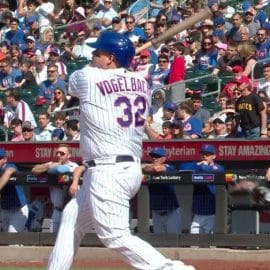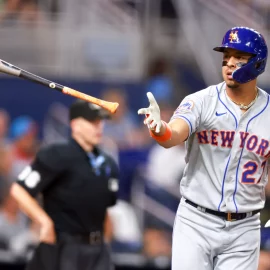The New York Mets finally found their manager over the weekend, hiring Cleveland Indians’ pitching coach Mickey Callaway to be their 21st skipper. Callaway blew away the Mets’ front office in his interviews, and General Manager Sandy Alderson admitted they scrapped a scheduled second round of interviews after getting extremely positive vibes from Callaway’s session. The choice to hire Callaway is an inspired one for the Mets, who rarely think outside the box or demonstrate any type of creativity. While Callaway certainly appears to have the qualities and tools to become a big league manager, he does face a unique challenge due to his background as a pitching coach.

The road from pitching coach to manager is rarely traveled, with Callaway becoming only the 49th former pitcher to manage a major league team. There are only two other active managers who served as pitching coaches prior to running teams: Bryan Price of the Cincinnati Reds and Bud Black of the Colorado Rockies. John Farrell did win a championship for the Boston Red Sox in 2013, but he was fired this winter due to some off the field issues with management. Black, who managed the San Diego Padres for nine years and won the Manager of the Year Award in 2010, provided some insight about Callaway’s situation to John Harper of the New York Post.
The biggest challenge Callaway faces, according to Black, is breaking the stigma that he is simply a pitching coach masquerading as a manager. Black talked about how he worked to connect with some of the Padres’ veteran position players, such as Brian Giles and Mike Cameron. Those conversations emphasized the fact that Black wasn’t going to micromanage aspects of the game that he had limited knowledge of, such as batting stances, but was available as a resource to help in any way that he could. Black also pointed out that his players could go to various other staff members to address concerns he wasn’t as versed in. Players began to buy, according to Black, once they got to see how he worked and how he thinks.
From what people around the game have indicated, the Mets do have a very promising manager in Callaway. Callaway said all the right things to the media yesterday, but he will need to work hard to demonstrate to his players that he isn’t just a pitching coach in manager’s clothing. The Mets will need to surround Callaway with a good support system in the form of his coaching staff, and the approval of veterans like David Wright will be key to establishing Callaway’s credibility. Callaway has a lot of work to do to earn that respect and credibility Black did, but he certainly appears capable of handling the pressure of managing in New York.
Add The Sports Daily to your Google News Feed!
